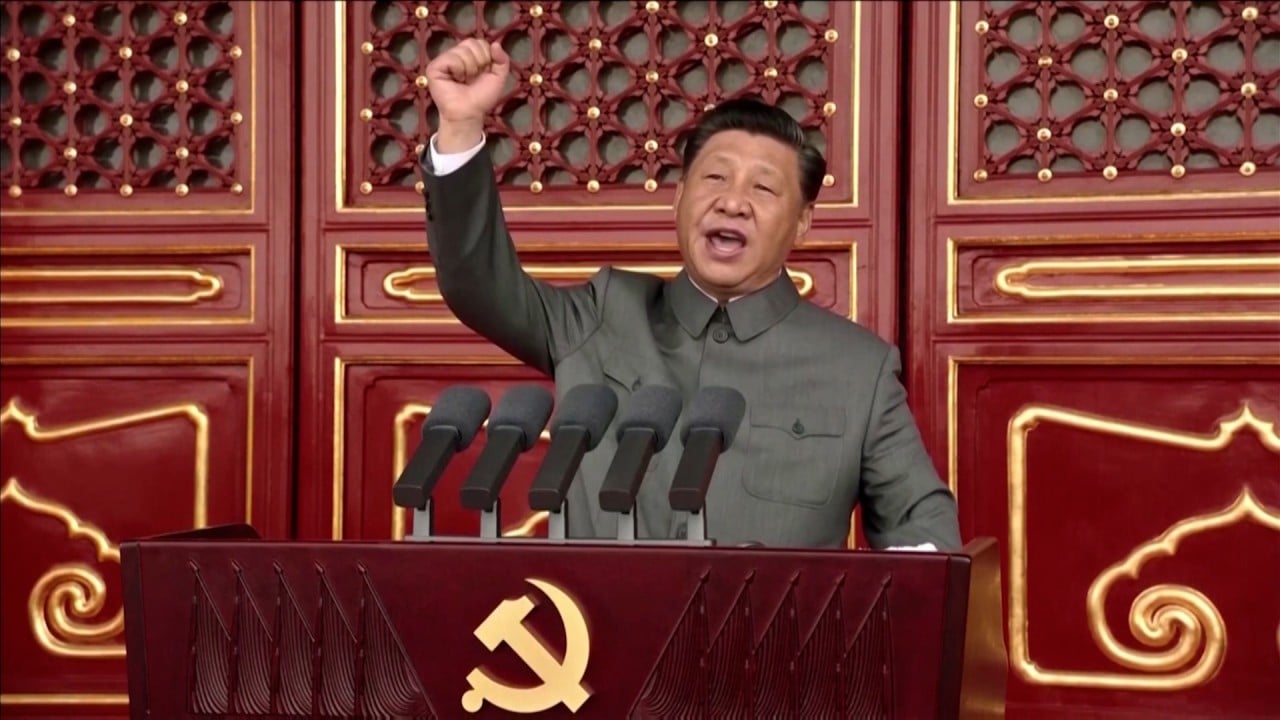
In first for Macau, election chiefs disqualify 21 opposition members from running in September legislative elections
- Electoral Affairs Commission says 21 candidates failed to meet requirements to pledge allegiance to the special administrative region
- No other details provided, although the politicians can lodge an appeal against the decision
Tong Hio-fong, president of the Electoral Affairs Commission, said on Friday the hopefuls running for the September 12 polls did not meet allegiance requirements.
“There is evidence showing the hopefuls in six electoral lists don’t uphold the Basic Law of Macau or pledge allegiance to the Macau Special Administrative Region,” he said. “Therefore, in accordance with the local electoral laws, these hopefuls don’t have qualifications for running in the election.”

Tong did not provide details on how the disqualified members from six different opposition parties were disloyal, saying the commission had made its analysis and judgment based on information provided by the police and security bureau.
It was the first time since Macau’s handover from Portuguese to Chinese rule in 1999 that direct election hopefuls were disqualified because authorities believed that they could not uphold the city’s mini-constitution or bear allegiance to the special administrative region.
In the 33-seat Legislative Assembly, 14 seats are chosen by the public, 12 are indirectly chosen from professional sectors and the remaining seven are appointed by the chief executive. In 2017, the pro-democracy camp won four seats.
Repel anti-China policies by backing mainland ‘brothers’: Hong Kong official
During the application period, a total of 19 teams, consisting of 159 hopefuls, signed up for the direct election, while five teams, consisting of 12 hopefuls, signed up for the indirectly elected seats.
Neither did the commission name the specific electoral lists or the individuals, noting that further information could only be provided after the relevant appeal procedures were settled.
According to media reports, the 21 hopefuls disqualified were from six of the 19 teams. The 21 people included three tickets from opposition groups, with each consisting of five activists.

04:14
Xi Jinping leads celebrations marking centenary of China’s ruling Communist Party
The three tickets were led by opposition leaders Sulu Sou Ka-hou, Scott Chiang Meng-hin and Paul Chan Wai-chi respectively.
Beginning in 2016, some opposition hopefuls in Hong Kong have been banned from running in the Legislative Council or district council elections, or unseated over improper oath-taking.
The New Macau Progressives list, which included legislator Sou elected in 2017, confirmed to media that all its five hopefuls on the list have been disqualified. The group said it would follow up with the relevant administrative and legal procedures.
Another five-member list from Chiang and veteran legislator Antonio Ng Kuok-cheong was also disqualified. Ng told the media he believed the political atmosphere in Hong Kong had prompted the authorities’ decision.
The affected candidates can address the decision by no later than Monday, according to the commission.
Mass resignation of Hong Kong opposition lawmakers after Beijing rules on disqualification
Additional reporting by Tony Cheung

